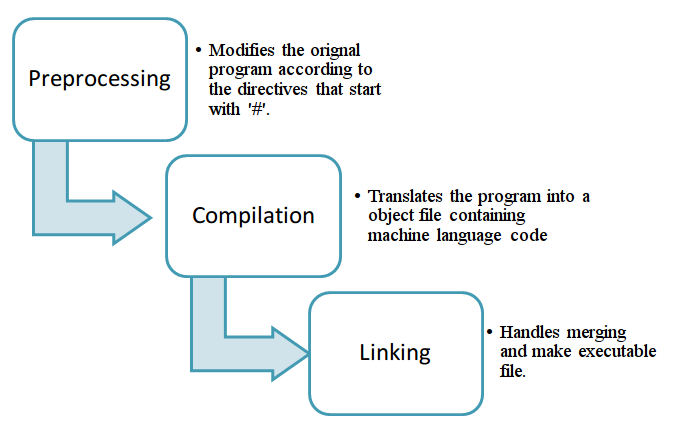Exception safety: The strong guarantee and move semantics

std::move_if_noexcept, both referenced in the answers.
Since the gorier details of the answer lie in "watch Scott's talk," we merrily abuse a snapshot of Dr. Meyers during said talk as the highlight graphic for this post.
Exception safe code and move semantics
I want to write container class. This container has insert method that have two specializations -- first uses copy constructors to copy data from one container to another container element wise. If copy constructor throws exception I just undo all changes to the container like nothing happens.
The second specialization uses move constructor and thats the place where things got complicated. When I move items from one container to another container element by element, move constructor can throw exception. If this happens -- I've got really messy state when some elements are moved and other elements stays in it's original places. If I try to move elements back -- I can get another exception.
Is it possible to write something like this in exception safe manner or exception safety and move semantics are mutually exclusive?

 Life'n'gadget just published a nice overview of the basic C++ compilation model, useful for people who are new to programming in C++.
Life'n'gadget just published a nice overview of the basic C++ compilation model, useful for people who are new to programming in C++.
 The
The  ODB
ODB